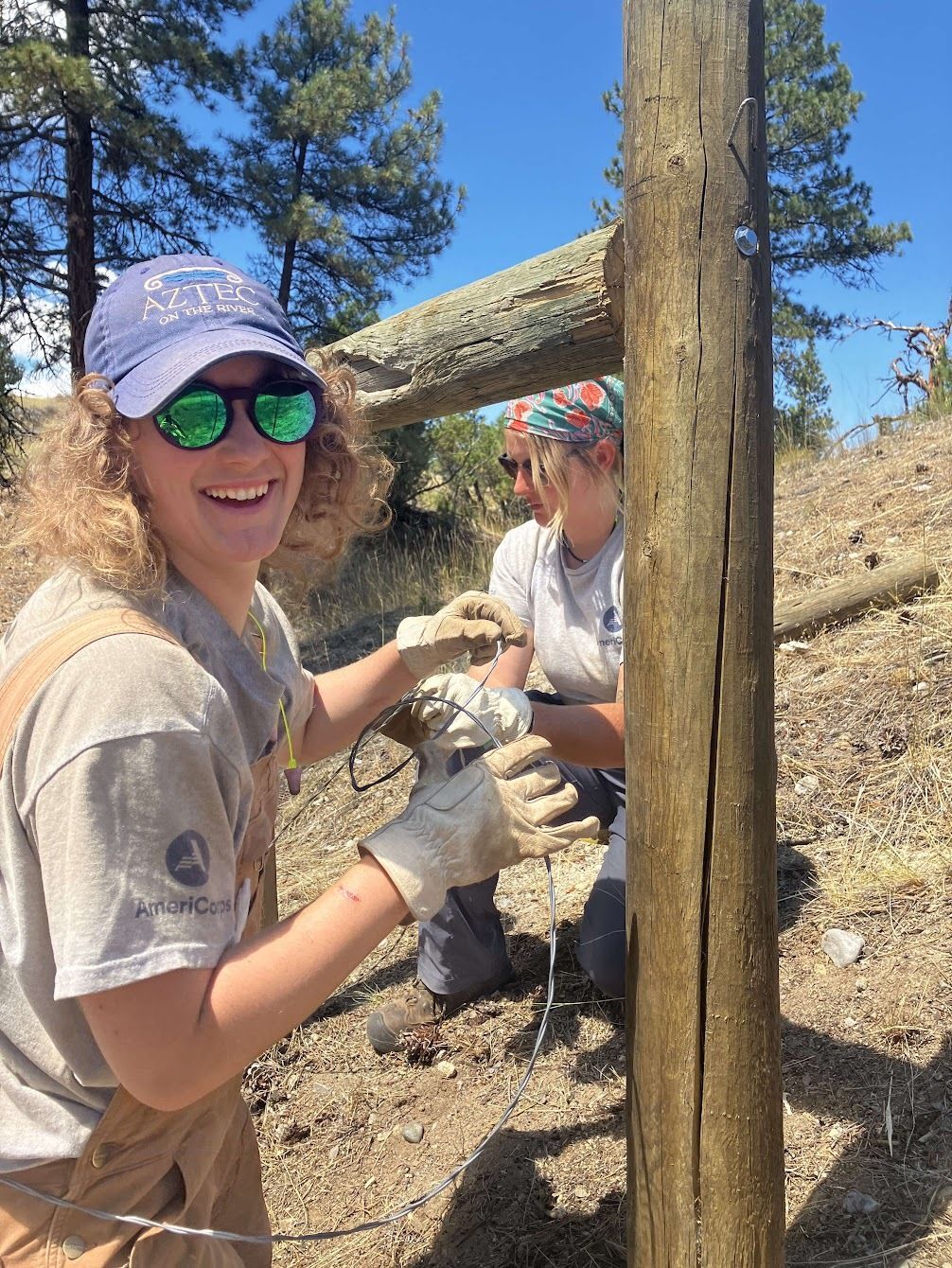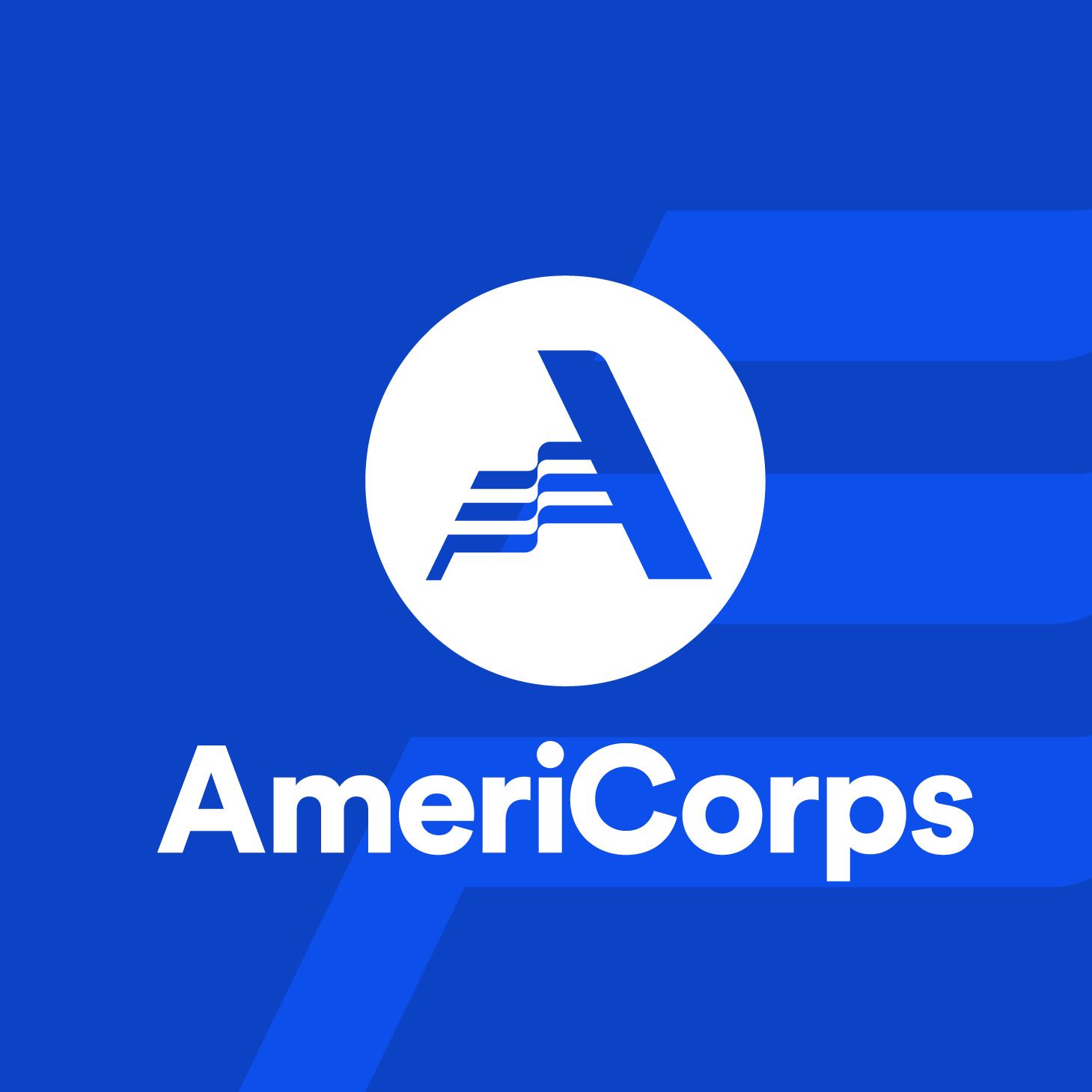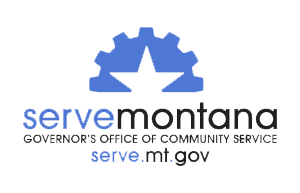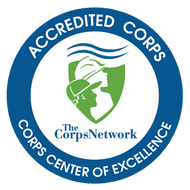
When our crew leaders arrive in February, they come from all over the country, bringing with them a mix of excitement, nerves, and a drive to make a difference. Over the next three months, they’ll immerse themselves in one of the most intensive and rewarding experiences of their lives—our Leadership Development Program (LDP). Before crew members arrive in May, leaders will develop their leadership style, hone their technical skills, and build connections with each other, their mentors, and the places they’ll serve.
LDP has been a cornerstone of our programming since the 1990s, evolving into the most comprehensive leadership program in the conservation corps world. But what makes it so transformative? The answer lies in what we call Facilitative Leadership.
At MCC, we believe that anyone, including crew members, has the capacity to lead and show leadership. We believe our members develop leadership through commitment, awareness of themselves, feedback, change, and practice. It requires introspection and inner work, but it’s also about their relationship with the crew and the crew’s journey (or “process”) throughout the season. By being attuned to themselves, others, and context, our leaders are working at “full strength” and are able to create positive change. These Facilitative Leadership principles, along with technical skill training, are the core of our LDP.
Axyl, a returning leader from our Northern Rockies office, credits LDP as a major reason for returning as a Senior Crew Leader. Axyl says, “LDP introduces people to… interpersonal development in a healthy way, where people can take on new challenges and grow.” Axyl continued, “One of the big reasons I came back [to MCC] was that it’s not just a job; it's an experience, and it’s about people. Regardless of your prior experience or where you come from, you get to come to a place where you have support and a community of care.”
Unlike other job trainings that rush skill development, our LDP dedicates three months to fully preparing leaders– mentally, emotionally, and physically. Western Wildlands Regional Director Steve Hodgdon highlights the value of this extended timeline: “The feedback I hear most often is how beneficial it is to have significant time for training. Our leaders can acclimate to a new place, build relationships, and get comfortable with who they are before heading into the field. That foundation of trust and connection pays off when they face challenges in the backcountry.”
Central Divide Regional Director Adam agrees, “[Crew leaders] are all going through a phase of life where they are learning what their values are and how they fit in. Deciding to be a leader is a big commitment they are making, and LDP is a great environment to build those skills.”
By May, our crew leaders are ready to lead their crews with confidence, fostering leadership, belonging, and purpose within their crew while tackling tough conservation projects. They’ll carry these skills far beyond MCC, stepping into future careers with a sense of self-awareness and adaptability.
LDP is more than just training—it’s a launchpad for personal and professional transformation. Through a balance of introspection, community, and hands-on learning, LDP empowers our leaders to leave their mark not just on the trails they build but on the people and places they encounter along the way.

![[Image Description: Two MCC members are walking away on a rocky trail, carrying their packs, surrounded by burnt orange bushes. Through the haze in the background, there are a multitude of mountains, overlapping one another.]](https://cdn.firespring.com/images/7ba12407-5e3a-41c1-b4b4-f00aac9d37a1.jpg)



